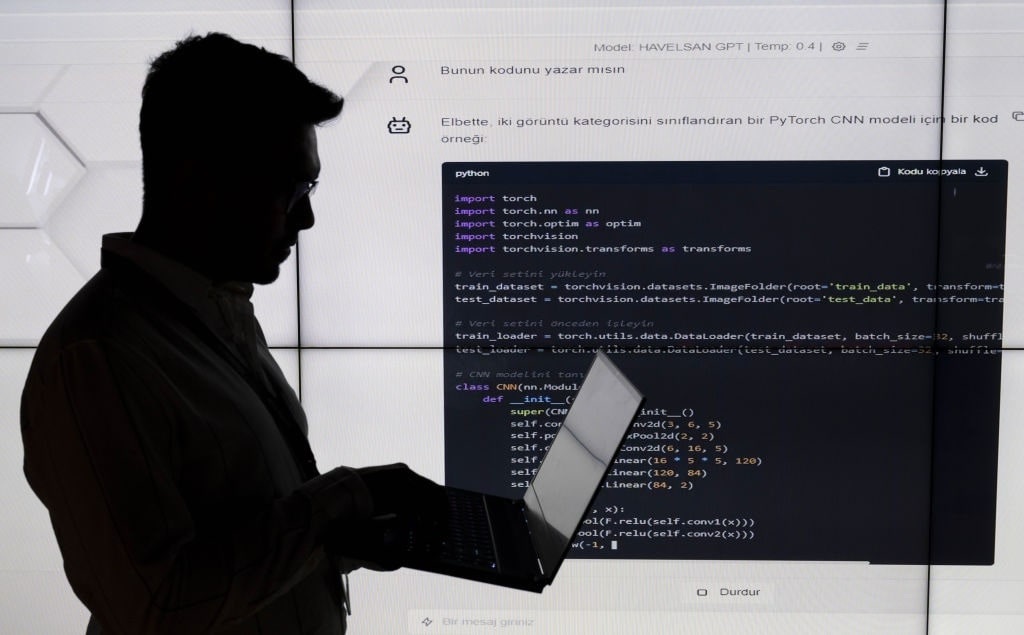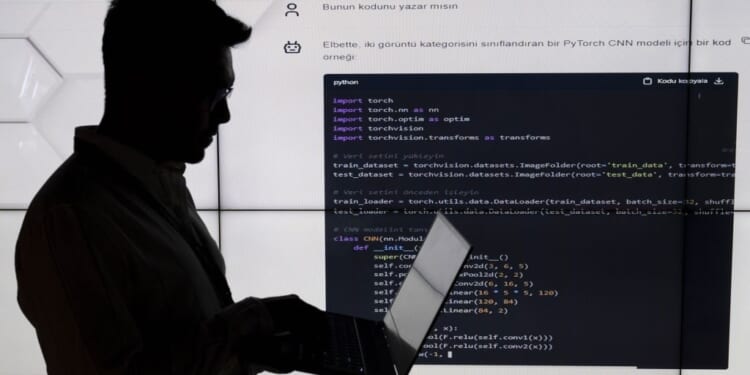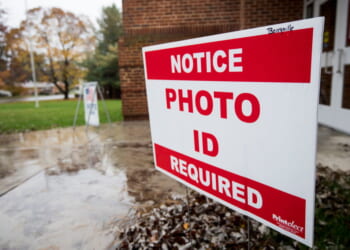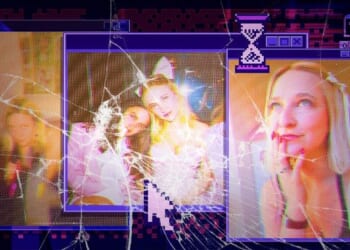
A time existed when you could turn to a library, a newspaper, or a news network and be fairly confident the information you received was factual. Seeing used to be believing. Photos, videos, recordings, and other sources validated information. Those days are gone. Mis- and disinformation run rampant through digital spaces, creating branching narratives that emerge from algorithmic bubbles and infiltrate the real world. And now that the technology to generate spurious video and audio with AI is accessible and quickly improving, the difference between real and fake is becoming harder to discern. Fact and fiction merge. For many, truth has become subjective, a feeling, a vibe. But what happens when we can no longer spot deceit on the internet, when everything must be picked apart and questioned, when there is no shared truth, only a glut of information and gut feelings?
When Lies Become True
The internet is becoming a landfill for junk content generated by AI, often referred to as slop. It has no meaning or purpose other than to get clicks, push falsehoods, or sell something. Google is rife with filler content optimized to rank on the first page just to get clicks and to push ads. AI summaries in browsers distort facts and often blatantly lie. The content seems endless as supply outweighs demand. Soon it could be infinite. What then?
“Recommendation algorithms [will] break down completely,” said Nilay Patel, co-founder of The Verge, speaking on columnist Ezra Klein’s New York Times podcast. “[O]ur ability to discern what is real and what is false [will] break down completely, and I think importantly, the business models of the internet [will] break down completely.”
As the slop-makers fill every crevice of the internet with meaningless content, realistic-looking AI images and videos circulate. Some are easy to discount – others, not so much. Confusion breeds doubt and hangs a question mark on almost all content. Perhaps that’s the point. Maybe it’s less about getting people to believe something and more about getting them to doubt everything. Either way, our shared standard of truth may eventually vanish. Instead of bickering over our interpretation of events, we might argue about whether the events even took place.
“At the current rate of technological advance, all reliable ways of validating truth will soon be gone,” said cultural critic Ted Gioia in his Substack The Honest Broker. “My best guess is that we have another 12 months to enjoy some degree of confidence in our shared sense of reality.”
It probably doesn’t help that few people seem interested in checking their sources or searching for information to corroborate what they consume. Any information opposed to their narratives becomes a fabrication of the opposite side. Polarization likely feeds the digital decay, turns neighbors into enemies, and distorts reality. Yet journalists and talking heads continue to spin narratives and cut context from quotes to smear their opponents, fomenting hate and widening the aisle between right and left.
“It comes down to motivation,” said an executive consultant, writing to Pew Research Center. “There is no market for the truth. The public isn’t motivated to seek out verified, vetted information. They are happy hearing what confirms their views. And people can gain more creating fake information (both monetary and in notoriety) than they can keeping it from occurring.”
Once opinions and facts are indistinguishable from one another, lies can turn true, and people may believe whatever they want to believe. “When a nation becomes unmoored from reality,” said Chris Hedges in Empire of Illusion (2009), “it retreats into a world of magic. Facts are accepted or discarded according to the dictates of a preordained cosmology. The search for truth becomes irrelevant.”
Reality – Based on a True Story
Ted Gioia believes certain behavior patterns will emerge as the internet becomes even more inundated with falsities, bots, and slop. For one, people will treat content with skepticism and then rarely accept anything they see and hear online because they’ll be unable to validate it. Once they’re forced to question everything, they’ll become aloof and have no basis “for shared communal actions.” Then, if conversations cease to resolve anything, people will see little purpose in speaking and grow silent. They will turn indifferent, lose connection with others, and stop socializing. Distrust will follow: With shared reality gone, trust in experts and institutions will disappear. Without conventional connections and community, hostility will emerge, leading to conflict and violence.
Judging by the current political climate and the incessant violence transpiring nationwide, perhaps many people have already worked their way through these stages. It’s hard not to notice a growing deficiency in collectively accepted facts, an issue that spills into the workplace and everyday lives. Online echo chambers divide people into various camps, making it difficult for them to find common ground with one another. “When society disintegrates into groups or tribes between which no understanding is possible,” said philosopher Byung-Chul Han in Infocracy (2022), “the crisis of truth spreads,” and our shared reality erodes.
We almost seem to be living in hyperreality, a concept coined by French sociologist Jean Baudrillard in Simulacra and Simulation (1981). Hyperreality is a “generation by models of a real without origin,” a world where copies replace originals, and simulations seem more real than reality. Once the virtual and physical merge, people will see no distinction between the two and derive equal meaning and value from the simulated world. Some might argue that elements of the hyperreal have already slipped into mainstream society.
Many people believe we’ve lost control of the internet and that everything online is fake. It’s called the Dead Internet Theory, a concept that suggests artificial intelligence has or will take over the entire digital arena and that humans will no longer shape the direction of the internet. In 2021, an article in The Atlantic called the theory a “niche idea” that was “patently ridiculous,” which is comical now, considering more than 50% of the traffic on the internet is supposedly generated by bots.
Marshall McLuhan once said, “We shape our tools and then our tools shape us.” Well, the internet has undoubtedly shaped us, for better or worse. It has altered our society and culture in unfathomable ways, but now we face challenges that few people could’ve predicted. “A culture that cannot distinguish between reality and illusion dies,” said Chris Hedges. Maybe it’s time to rethink the tools we use before our reality is based on a true story.

















